Born August 12th, 1870 in an unknown Lower Silesian village, not much of Karl Denke’s early life has been recorded aside from the fact that he was a terrible student and ran away from home at the age of only 12. 25 years old when his father died, Karl's older brother inherited the family farm, but Karl also inherited some money, which he used to buy a property with a house, garden and shed in the small town of Münsterberg - today known as Ziębice - about 60km south of Wrocław.
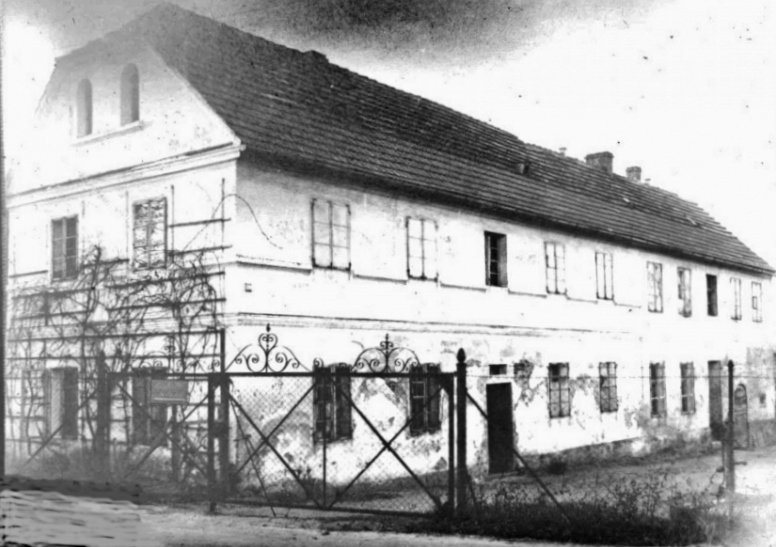
An 'Upstanding Citizen'
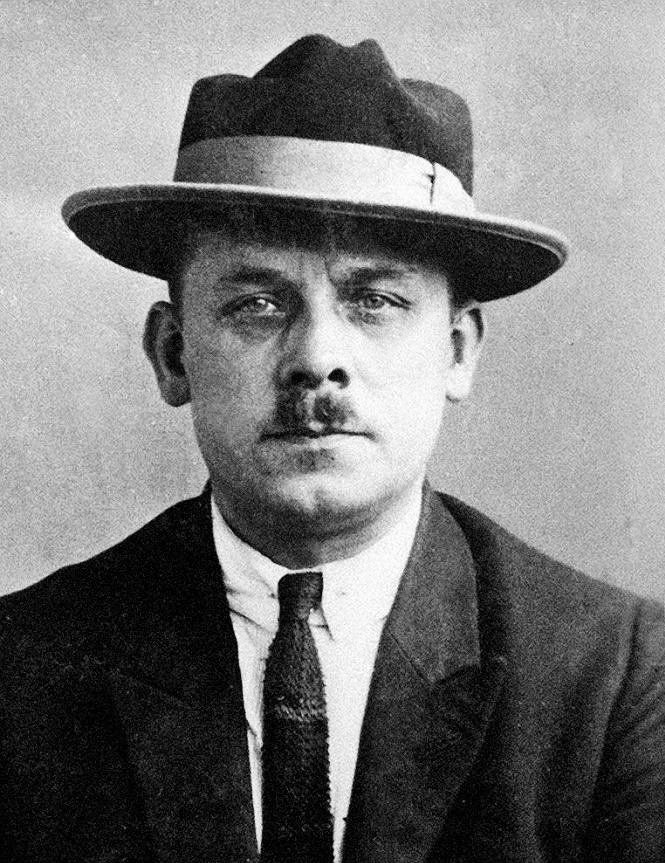
Like many in Germany after WWI, however, Denke lost his savings due to rampant inflation and was also forced to sell his house, though he refused to move out and continued to rent an apartment in the same building on the ground floor. Well-liked and respected around town, Denke operated a meat shop in town, and regularly sold suspenders, belts, shoelaces and other leather goods in the local market, and sometimes even door to door. He also frequently travelled to Breslau (now Wrocław), where he was licensed by the Butchers Guild to sell pork in the big city markets - all of it boneless, pickled and in jars; he was specifically known to sell his jars labelled 'skinless pickled pork' in Hala Targowa. It was a time of crisis and his goods were popular, allowing him to maintain a decent enough living.
Apprehension
By now you can probably guess where this is going. Denke’s secret double life unravelled quickly when on December 21st, 1924, a homeless vagrant named Vincenz Olivier appeared at the Münsterberg police station covered in blood, claiming he had barely escaped from Father Denke’s apartment with his life. Law enforcement were loath to believe the unknown beggar's story, but a brief medical examination revealed that he had sustained a serious head wound, corroborating his claim that he had been attacked with an axe. Police were obliged to question Denke, who explained that he had indeed attacked Olivier, accusing the beggar of attempting to rob him after receiving a handout. Although receptive to this seemingly reasonable explanation, the police took Denke down to the police station and put him in a holding cell while the matter was resolved.Consequences
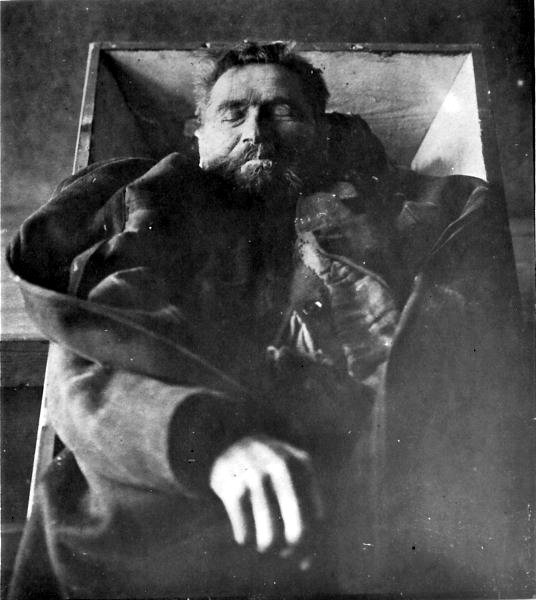
By that time Denke was dead. Before even being subjected to real suspicion, the man known as 'Vater Denke' had killed himself as soon as he was left unobserved by police. He hung himself in the holding cell with a small pocket handkerchief before night had even fallen.
Post-Morten Revelations
Despite Denke's suicide, the Münsterberg police were still reluctant to believe that he was anything other than a law-abiding citizen. It was not until his body had been turned over to relatives and the police went to Denke’s apartment to secure his belongings on Christmas Eve that the people of Münsterberg discovered exactly what kind of man had been living among them. What authorities found in his apartment was essentially a makeshift meat processing shop that lab tests would later confirm was full of human remains, including hundreds of bones, 240 human teeth, stretched and dehydrated human skin, tubs of fat, jars of meat pickling in brine, and a closet full of blood-stained clothing, as well as the tools for the work, including equipment for making soap. Dozens of documents and identification papers were also found, including Denke’s own extensive ledgers detailing his work, from which authorities were able to positively identify the names of 20 victims – most of them recently released from prisons and hospitals. Based on all the evidence found in Denke’s apartment, it is believed that the formerly high-standing citizen was actually responsible for murdering, dismembering, pickling and processing more than 40 people in a rather short span of 3-4 years.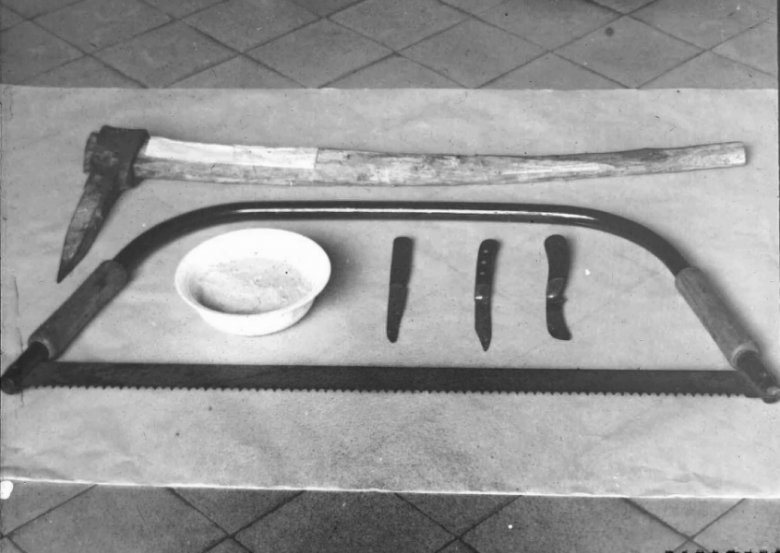
After Effects
Needless to say, despite the holiday, there was a dip in pork sales in Breslau that Christmas. In fact, the revelations of Denke's crimes sent shock waves through Lower Silesia, where people were subsequently afraid to eat meat, resulting in the closure of several local meat canning and processing plants. Not only that, but the region suddenly suffered an outbreak of 'stomach disorders' attributed to the large publicity the case got in the winter of 1924/25.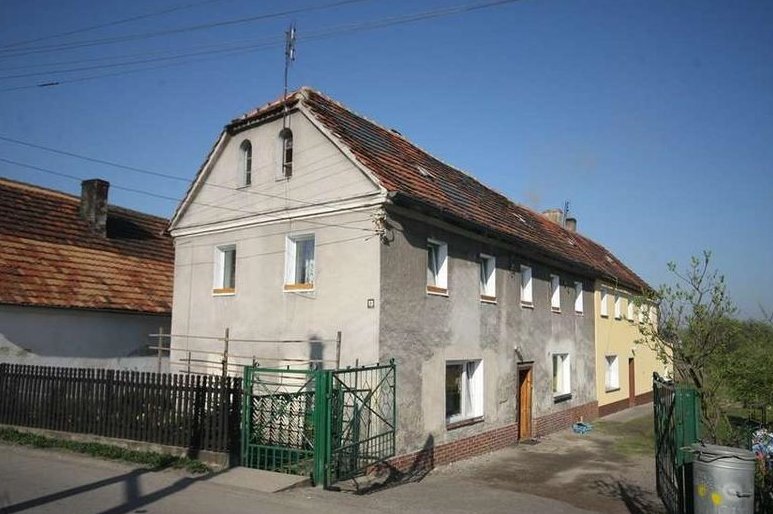


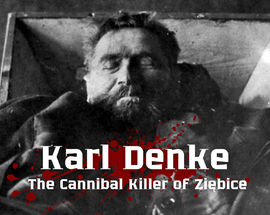
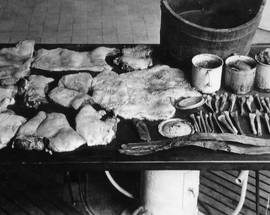
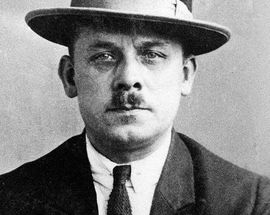
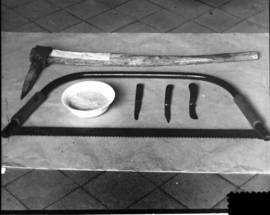
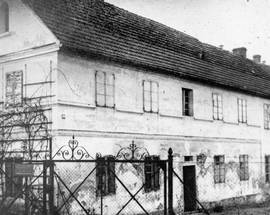
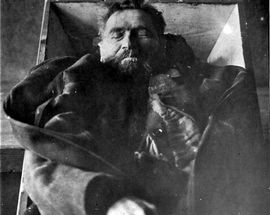
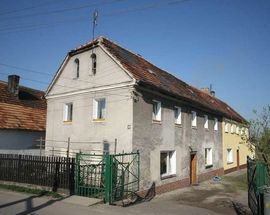
_m.jpg)
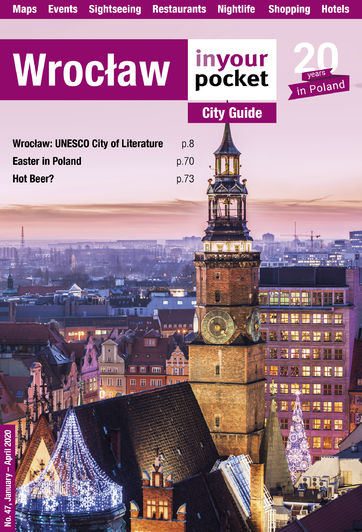
Comments